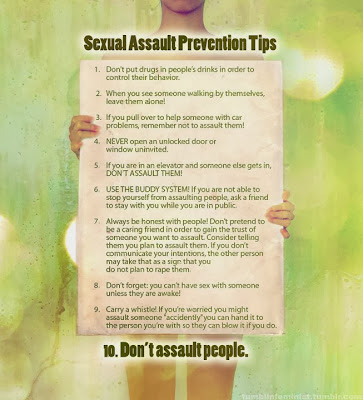Human Trafficking Definitions and Red Flags
Truckers Against Trafficking (28:11) from iEmpathize on Vimeo.
Human trafficking is the sale or commodification of a person and/or their labor for the benefit of another through methods of force, coercion, fraud, or if the victim is a minor. Here's a further explanation from The Polaris Project.
As defined under U.S. federal law, victims of human trafficking include children involved in the sex trade, adults age 18 or over who are coerced or deceived into commercial sex acts, and anyone forced into different forms of "labor or services," such as domestic workers held in a home, or farm-workers forced to labor against their will. The factors that each of these situations have in common are elements of force, fraud, or coercion that are used to control people. Then, that control is tied to inducing someone into commercial sex acts, or labor or services.
Many of the outreach and prevention efforts are centered around children, but they are not the only victims of human trafficking, it is ANYONE who is forced into labor through force, fraud, or cohesion used to control them.
We are currently reaching out locally to prevent and combat human trafficking in our area. If this is something that you want to learn more about, please contact us at 570-523-1134.
Below you will find a list (though it is not exhaustive) of red flags to recognize human trafficking.
Common Work and Living Conditions: The Person in Question
- Is not free to leave or come and go as he/she wishes
- Is under 18 and is providing commercial sex acts
- Is in the commercial sex industry and has a pimp / manager
- Is unpaid, paid very little, or paid only through tips
- Works excessively long and/or unusual hours
- Is not allowed breaks or suffers under unusual restrictions at work
- Owes a large debt and is unable to pay it off
- Was recruited through false promises concerning the nature and conditions of his/her work
- High security measures exist in the work and/or living locations (e.g. opaque windows, boarded up windows, bars on windows, barbed wire, security cameras, etc.)
Poor Mental Health or Abnormal Behavior
- Is fearful, anxious, depressed, submissive, tense, or nervous/paranoid
- Exhibits unusually fearful or anxious behavior after bringing up law enforcement
- Avoids eye contact
Poor Physical Health
- Lacks health care
- Appears malnourished
- Shows signs of physical and/or sexual abuse, physical restraint, confinement, or torture
Lack of Control
- Has few or no personal possessions
- Is not in control of his/her own money, no financial records, or bank account
- Is not in control of his/her own identification documents (ID or passport)
- Is not allowed or able to speak for themselves (a third party may insist on being present and/or translating)
- Claims of just visiting and inability to clarify where he/she is staying/address
- Lack of knowledge of whereabouts and/or do not know what city he/she is in
- Loss of sense of time
- Has numerous inconsistencies in his/her story




Comments
Post a Comment